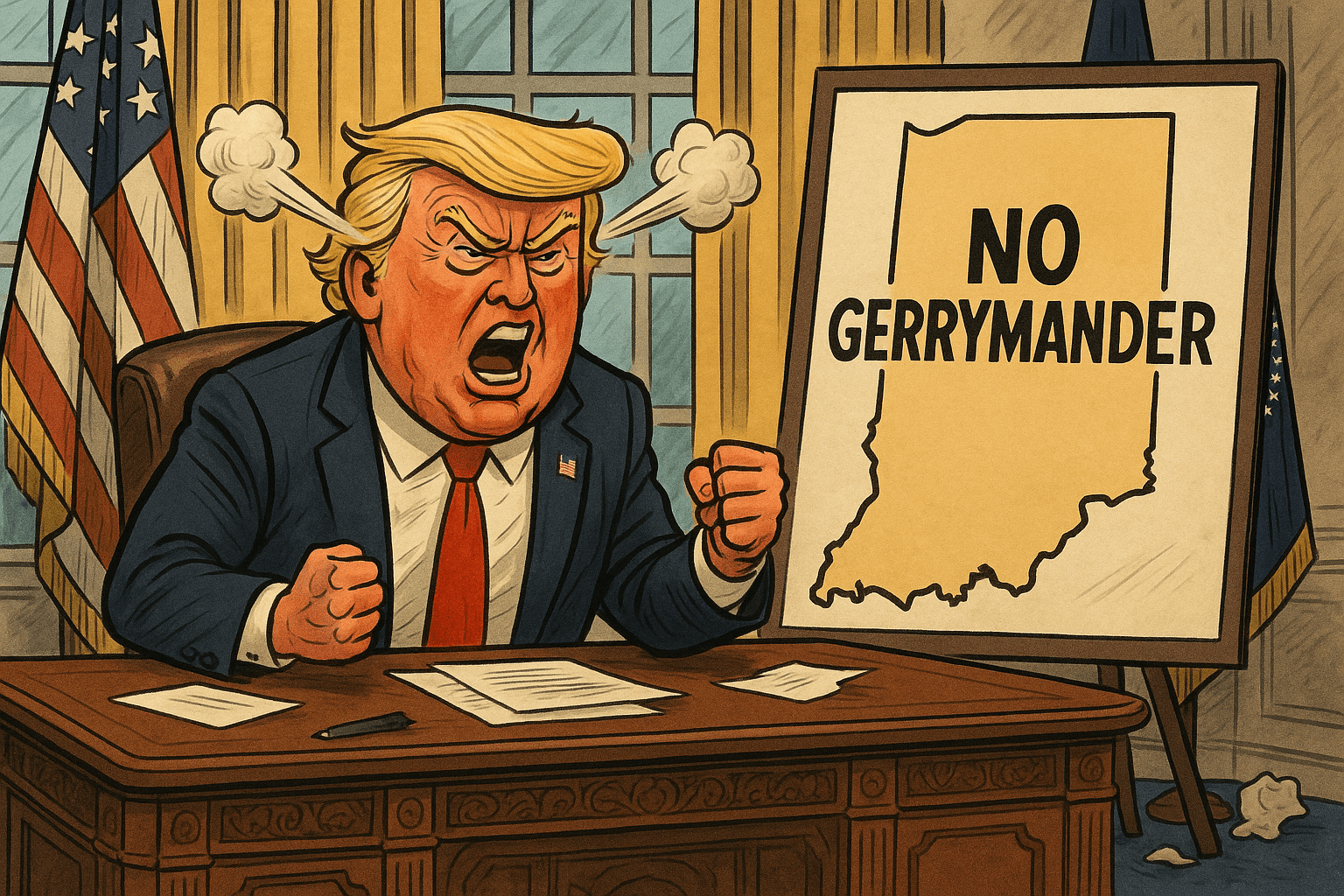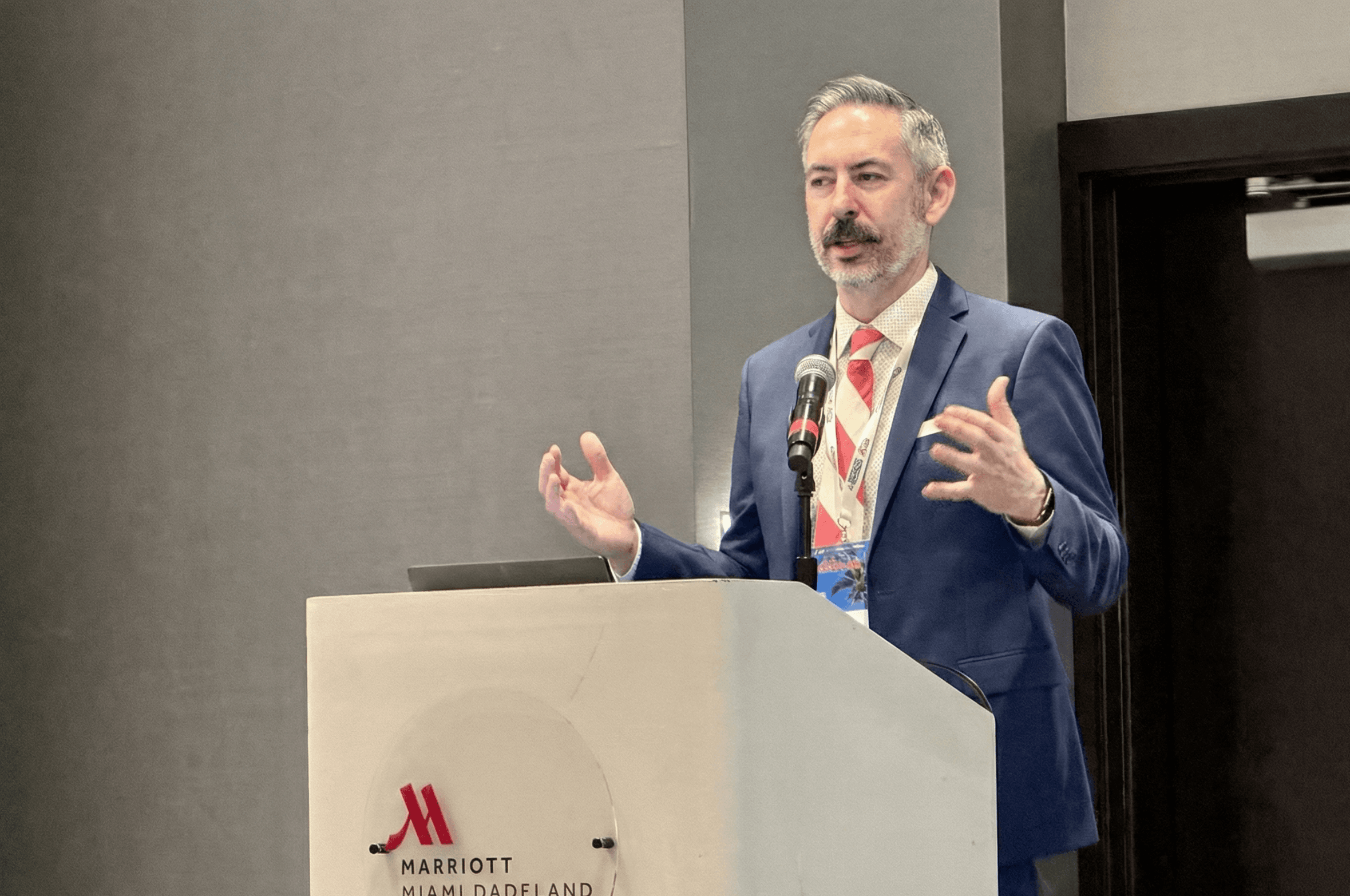Floridians Unite to End a Bipartisan Scheme to Suppress the Vote
Hundreds of Floridians from across the political spectrum have united to raise awareness and combat a fraud perpetuated on state voters that has kept millions of people from having an equal and meaningful say in elections.
Florida is a closed primary state, meaning only registered party members can participate in taxpayer-funded primary elections. However, in 1998, Florida voters approved a constitutional amendment with 64% of the vote that requires primary elections to be opened to all voters in the event that only candidates from a single party run for an elected position.
Here's the thing: The amendment hasn't changed elections much in the last 25 years, and it's not because these uncontested races don't happen. Major party operatives skirt the law by putting up a write-in candidate that won't do any campaigning but will keep primary elections closed.
It's called the "write-in loophole," and it has been used by both major parties to disenfranchise millions of voters, including up to two-thirds of an area's registered voting population in some cases.
Back in spring, the nonpartisan reform group Open Primaries launched a campaign with a coalition of Republicans, Democrats, and independents to end the "write-in loophole." The group has garnered the attention of news outlets like NBC WESH-2 in Orlando and has gotten the support of voters from across the political spectrum.
"We are building a citizen army of Democrats, Republicans and independents who believe that partisan manipulation of the process has to end, and we are off to a great start," says John Opdycke, President of Open Primaries.
Florida Open Primaries published its own research that looked into the scale of the problem. The group found that the use of "phantom candidates" (as they are called) has suppressed the votes of over 8 million citizens from 1999 to 2022 in order to ensure that only one party and its members have a say in electoral outcomes.
According to the research:
- A total of 114 races in the past 25 years that should have been open were closed due to write-in candidates.
- 114 out of the 135 write-in candidates for congressional and state legislative races during this time spent $0 on campaigning. At least 104 didn't have a campaign staff.
- Over a dozen of these write-in candidates filed from outside the district they were "running in."
- Republicans were shut out of 47 of the 114 races, Democrats were shut out of 67 races, and independents were shut out of all 114.
- This accounts for nearly 1.3 million Republicans, 3.2 million Democrats, and 3.7 million independent voters. All disenfranchised.
IVN covered the write-in loophole's impact in St. Johns County in 2020. Over 90,000 people were denied the right to vote in the county sheriff's race because of party manipulation of the primary rules.
Only two candidates had initially filed for the race. Both were Republican so under state law the GOP primary should have been open to all voters. Hours before the filing deadline, however, a write-in candidate filed for the race.
The candidate, Scott Boutwell, had no experience in law enforcement and did little actual campaigning. His candidacy was only meant to keep the primary election closed so that only party members could decide the outcome of the race.
"This is not a little dirty trick that gets played every once in a while," says Opdycke. "This is a major problem for the state of Florida."
Florida Open Primaries has called on the state legislature to pass legislation that would eliminate the write-in loophole and has urged voters of all political affiliations to contact their state representatives -- because it is an issue that affects everyone.
Florida voters had an opportunity to adopt a top-two nonpartisan primary for state executive and legislative elections under Amendment 3 in 2020. Fifty-seven percent (57%) of voters said "yes" to the amendment. However, state law requires constitutional changes to get at least 60% of the vote.
Under a nonpartisan primary system, all candidates and voters participate on a single primary ballot -- which would eliminate partisan schemes to suppress and defraud state voters.
 Shawn Griffiths
Shawn Griffiths





